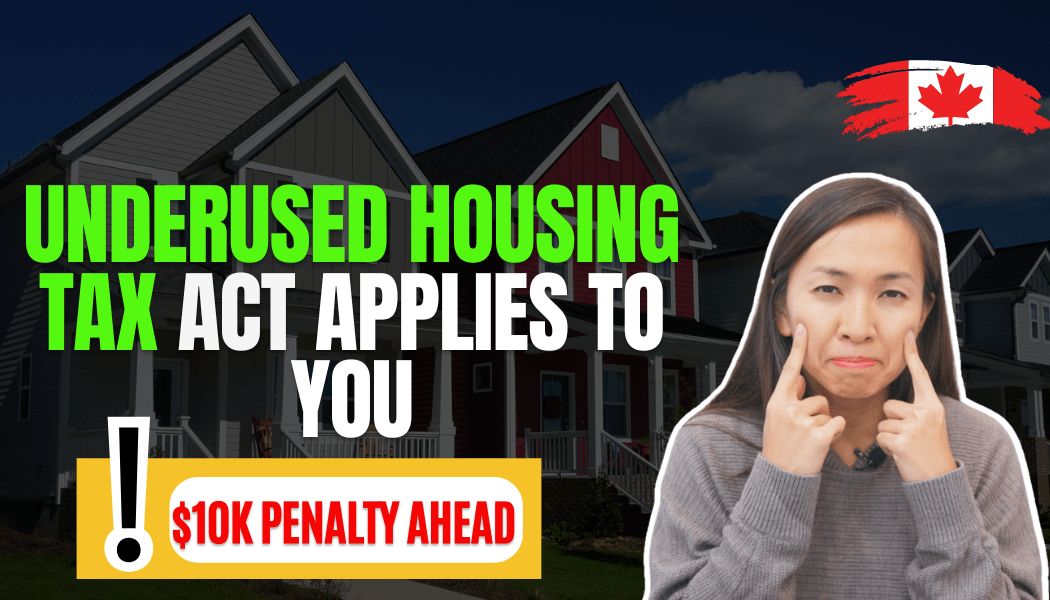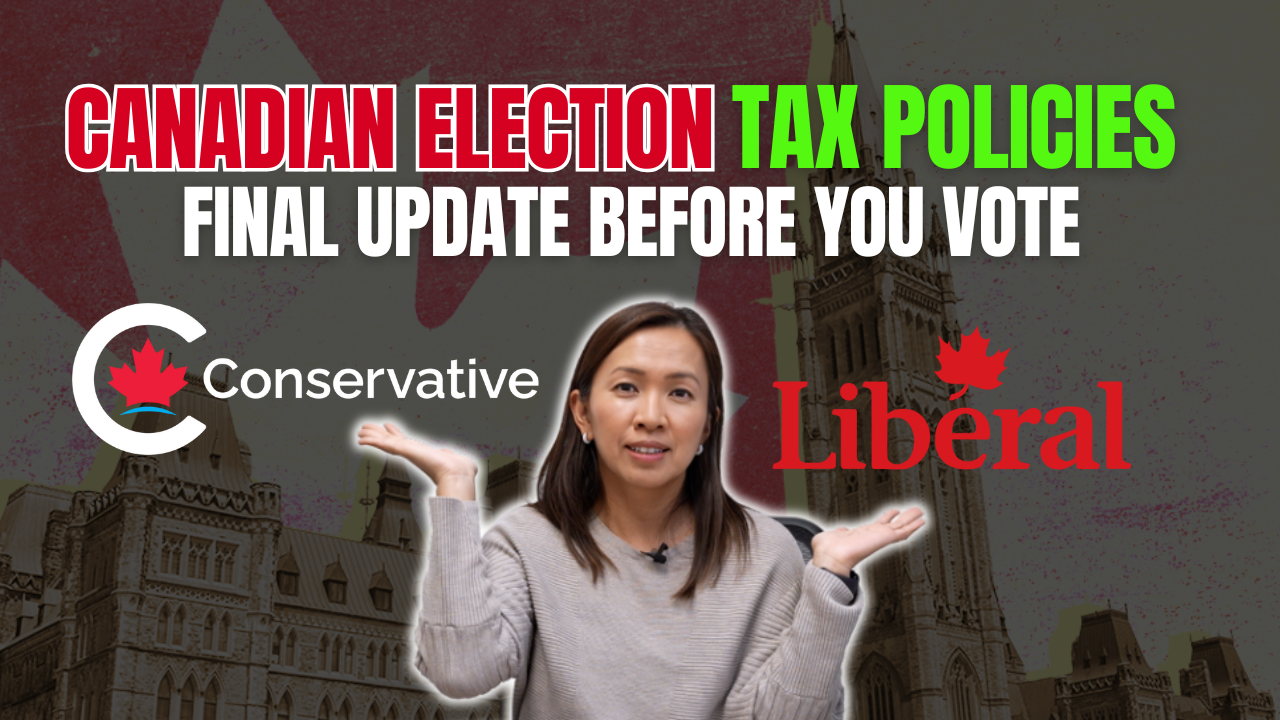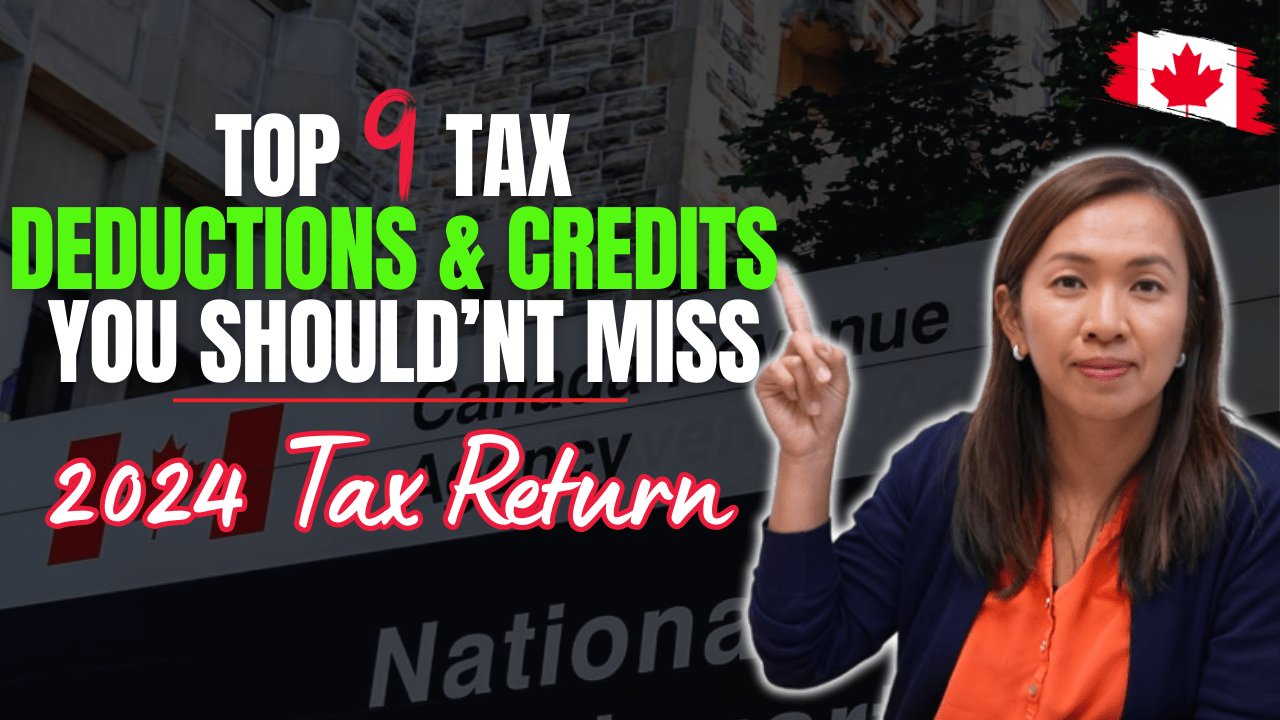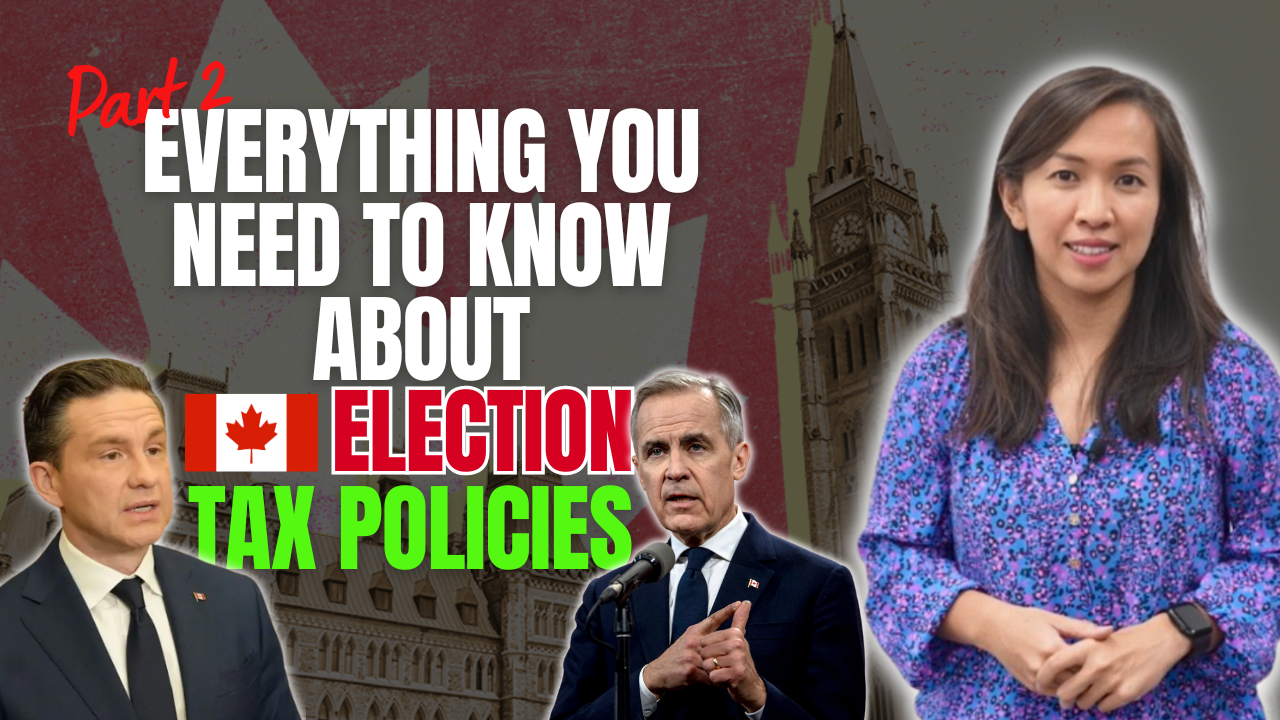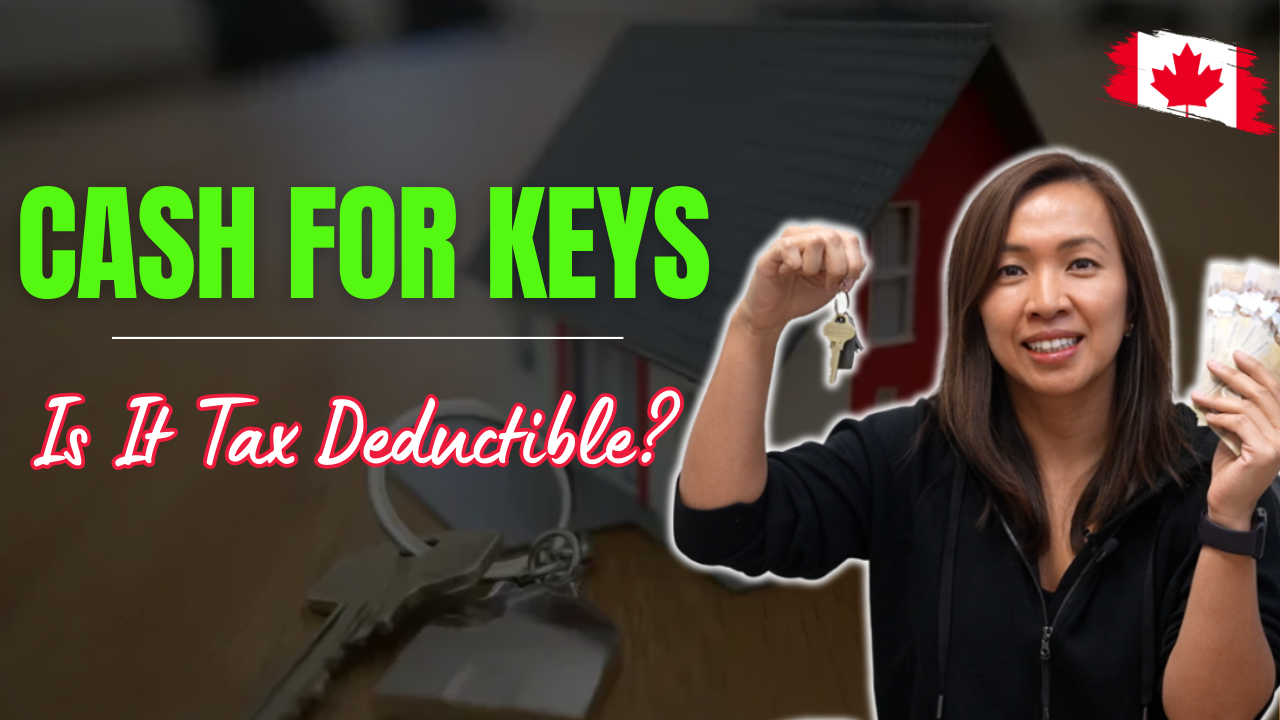To prevent foreign buyers from purchasing Canadian residential properties and holding them vacant, the Canadian Federal government announced in the 2018 budget that they would implement the new Underused Housing Tax Act (UHT).
And this new act is finally effective starting January 1, 2022.
CRA *FINALLY* released the filing requirements and the forms two weeks ago ☹, leaving most accountants very little time to prepare.
BIG DISCLAIMER here: UHT is a new set of rules imposed by CRA. There’re no precedent and technical interpretation out there. CRA is updating their technical interpretation by the minute. Be sure to consult someone who’s familiar with the rules. We’re presenting the blog post for general purpose only. Use the information at your own risk.
You might think, “my properties aren’t underused and I’m not a foreigner, this Act does not apply to me.” You might even to proceed to delete this email immediately.
Well, unfortunately, the Act is written in a way that it affects many Canadians owners, including Canadian controlled private corporations that own residential properties, Canadian partnerships and Canadians acting as a trustee owning properties on behalf of a joint venture relationship or a corporation that they are shareholders.
Before I dive deeper into how UHT works…let’s clear up some confusion…
UHT is NOT:
- It’s NOT Vacant Home Tax in Toronto
- It’s NOT Vacant Unit Tax in Ottawa
- It’s NOT Empty Home Tax in Vancouver
- It’s NOT Speculation and Vacancy Tax in BC
- Just because your houses are NOT underused, it does not mean that you don’t have filing obligation!
Here’s the high level decision logic that I’ve come up:
- Do you own a residential property? If yes, proceed to Q2.
- Are you one of the excluded owners? If no, you have filing obligation and proceed to Q3.
- Do you meet any of the exemption? If yes, you have filing obligation but no tax to pay. If no, you have filing obligation and you have tax to pay.
Residential properties definition:
UHT is applicable ONLY to residential properties owners as at Dec 31, 2022 and residential properties are defined as:
- Residential Condos
- Single family homes
- Semi-detached houses
- Duplex
- Triplex
- Commercial properties with more than 50% residential use, and residential use has 3 units and under
Example of Excluded properties include:
- Hotel
- Boarding House
- High rise apartment buildings
- Park model trailers
- Travel trailers
- Commercial condo units (such as industrial and commercial condos)
- And a few others …
Excluded Owners Definition:
If you are an excluded owner, you don’t have to file and you don’t have any tax to pay. But the way the legislation is written, there’re many real estate investors that would be caught…
As per CRA’s website, excluded owners include:
- Canadian citizen or permanent resident, unless you are an affected owner defined below… (this is huge because many Canadian citizen and residents are affected owners)
- Publicly traded companies
- Registered charities
- Coop housing corp
- Indigenous governing body
Affected owners (have filing obligation) include:
- Non-Canadian citizen or permanent resident
- An individual who owns a residential property as a trustee of a trust
- An individual who is a partner of a partnership that owns a residential property
- A foreign corporation
- Canadian private corporation
In another words, if you own residential properties (as defined above) in a Canadian corporation, you have to file UHT return.
If you own residential properties in trust for a Canadian corporation, you have to file a UHT return.
If you own residential properties in trust for a joint venture, you have to file a UHT return.
If you are the sole legal own of the property, but both you and your spouse are reporting income and expenses of the property, you have to file a UHT return.
If you own residential properties as part of a partnership, you have to file a UHT return.
If you are on title with your elderly parents on their homes, and you’re owning the property in trust for them, you have to file a UHT return.
And the list goes on…
Confusing enough?! We hear ya.
The truth is, the way the legislation is written require many of Canadians to file a UHT return, even though they won’t have any underused housing tax to pay.
Exemptions definition:
Now you might have concluded that you are an affected owner and have filing obligation, but chances are, you are exempted from paying taxes.
You can be exempted based on:
- Type of owner you are
- Availability of the residential property
- Location and use of the residential property
- Occupant of the residential property
If you are a specified Canadian corporation (shareholders are primarily Canadian resident/citizens), you are exempted from the tax, but you still need to file the form.
If you are on legal owner owning property for the joint venture, you can be exempted from the tax if your JV partners are all Canadians, but you still need to file.
If you are a partner of a partnership that owns a residential property, you can also be exempted from the tax if all partners are Canadian citizens or residents, but you still have to file.
If the property is a newly constructed home, you can be exempted, but you still need to submit the form.
If you have a qualified occupant, you can be exempted from the tax but you still need to file.
Yes, as long as you identify yourself as an affected owner, you have to file, even though you might have no tax to pay.
Penalty for non-filing:
If you are an affected owner and you don’t file, penalty is $5K for individuals and $10K for corporation.
The exemption mentioned above could be taken away as well. ☹
How much is UHT if you are subject to tax:
1% of the value of the residential property multiply by ownership percentage.
Filing deadline: April 30, 2023
Until next time, All the best to the 2023 tax filing season.
Cherry Chan, CPA, CA
Your Real Estate Accountant
